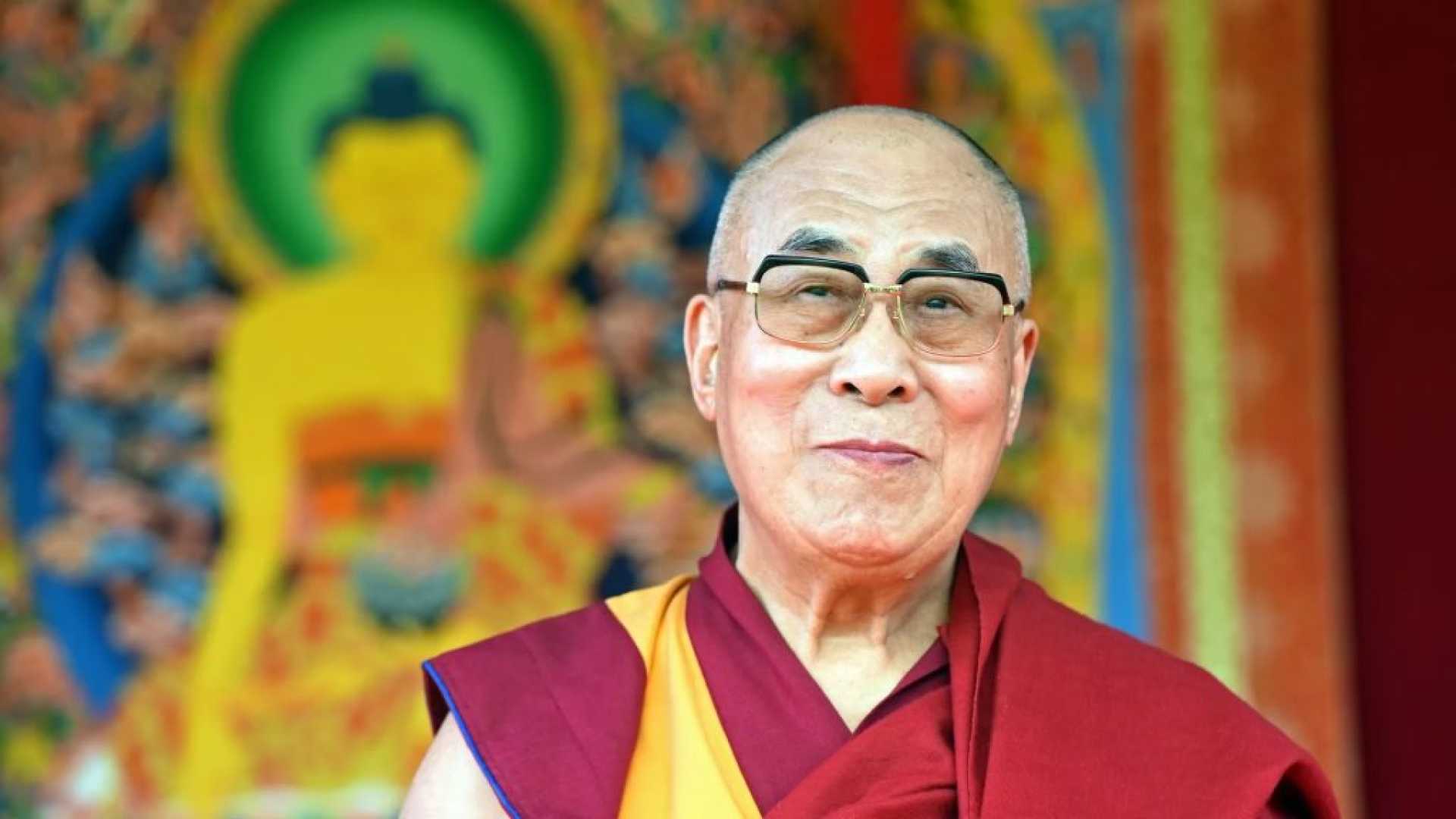World
Dalai Lama to Address Succession on 90th Birthday

DHARAMSHALA, India — As the Dalai Lama approaches his 90th birthday in July 2025, he will prompt a significant question among his followers: Should there be a successor? The exiled leader of Tibetan Buddhism, known widely for his advocacy for peace and spiritual guidance, aims to prepare his followers for a future without him.
To discussions surrounding this profound moment, Thupten Jinpa, the Dalai Lama’s primary translator for nearly 40 years, expressed confidence that the institution of the Dalai Lama will continue. “I know for a fact that he has received petitions from across the Tibetan Buddhism communities, including some from inside Tibet,” Jinpa stated. He characterized the post of Dalai Lama as akin to a Buddhist ‘papal institution’ that transcends Tibetan Buddhism to reach other regions in the Himalayas, Mongolia, and certain Russian republics.
The Dalai Lama is expected to make a final statement regarding the institution’s future ahead of his birthday, a milestone on July 6. Jinpa, speaking from India, stated, “If my guess is right, and he says that the continuity of the institution will remain, that means there will be a new Dalai Lama.” Exiled Tibetans remain wary that China may influence this succession process, as Beijing insists Tibet is an integral part of its territory.
Historically, the current Dalai Lama was named in 1936 at just two years old after passing a test to confirm his identity as the 14th reincarnation. Jinpa noted, “One constant in everybody’s life has been the presence of the Dalai Lama.” He himself fled Tibet with his parents shortly after the Dalai Lama fled into exile in 1959.
The Dalai Lama has stated he will leave clear instructions regarding his successor’s identification, planning for an eventual transition of leadership. Jinpa emphasized that understanding the principle of impermanence is crucial in Buddhism. “Anything that comes into being will come to an end. Where there is birth, there will be death,” he explained.
Despite a desire to live until age 113, the Dalai Lama’s approach encourages followers to confront the notion of a world without him. “The idea of a world without him is almost unthinkable,” Jinpa acknowledged, adding, “But that will happen, and His Holiness has himself been very explicit in making sure that people are thinking about it.”
The Dalai Lama previously stepped down as the political leader of the Tibetan people in 2011, transferring secular power to a democratically-elected government made up of 130,000 Tibetans worldwide. Jinpa explained, “He has already prepared the formal political structure for carrying on the struggles of the Tibetan cause beyond his lifetime. However, he cannot transfer his moral authority or his symbolic status as the aspiration of the Tibetan people to an elected body.”
Responses from the Chinese government, which denies the Dalai Lama’s authority to represent Tibetans, suggest that if a successor is named, it is likely to align with the Chinese agenda. Jinpa expressed concern that China would attempt to appoint its own Dalai Lama. “The Chinese will choose another ‘Dalai Lama’, that’s for sure. It will be ridiculous, but they will do it,” Jinpa said. He remains optimistic that true Tibetan followers will not recognize such an appointment.
“They can suppress, they can ban, they can force,” Jinpa acknowledged about the Chinese government’s efforts to control the narrative around Tibetan Buddhism. However, he added, “You can never change people’s heart. What’s in the heart belongs to the individual, and the loyalty will always be to this Dalai Lama, and whoever is going to be chosen through the traditional system.”












